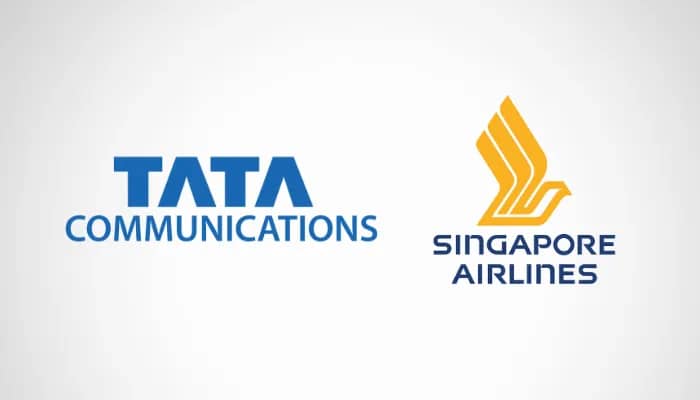Kuala Lumpur, Malaysia – KL Wellness City (KLWC), in collaboration with the FAST (Forward Asia Strategic Transformation) movement initiated by Persatuan Usahawan Maju Malaysia (PUMM), hosted an event titled “How Aligning Mind, Body and Soul Can Improve Employee Productivity and Business Profit”, drawing enthusiastic participation from entrepreneurs, business leaders and professionals across industries.
This event is part of a larger national initiative by PUMM, which has been championing entrepreneurial growth for over three decades. As part of its mission to empower SMEs, PUMM will continue to organise events across Klang Valley, Johor Bahru, Penang, Kota Kinabalu and other key states, covering a range of topics relevant to startups, innovators, and growth-stage entrepreneurs.
The session featured a sharing by Dato’ Sri Dr. Vincent Tiew, executive director of KL Wellness City, who emphasised the importance of aligning physical health, mental clarity and emotional wellbeing to unlock peak performance in the workplace. Dato’ Sri Dr. Vincent Tiew, known for his passion for holistic living and dynamic leadership, also shared insights into KLWC’s vision, corporate goals and the many wellness-centric initiatives being implemented to foster a more engaged and resilient workforce.
Also present was Deputy President of PUMM, Eugene Ng Eng Aik, who reiterated the significance of embedding wellness into the core of business leadership.
The event also highlighted team building efforts and strong inter-departmental collaboration at KLWC, positioning the organisation as a model for how wellness can be embedded into corporate culture.
The event’s open dialogue was moderated by Paresh a/l Subramaniyam, founder & CEO of Engage Life, who facilitated an engaging and insightful discussion between Dato’ Sri Dr Vincent Tiew and Cris Angel, which delved into actionable strategies for balancing personal wellness with entrepreneurial drive, especially in today’s fast-evolving market. The candid exchange resonated strongly with the audience, sparking deeper discussions on how inner alignment directly impacts business outcomes. Cris Angel, founder of Aura Palace, believes that aligning the mind, body and soul is key to long-term business success. She champions a people-first approach, where kindness in business creates a ripple of positive impact in society.
Adding an experiential element to the session was Annie Wong, founder of New York Yoga Wellness, who led a practical and energising segment on office-friendly yoga. Annie shared breathing techniques, stress-reducing relaxation methods and demonstrated simple stretches that can be done while seated in an office chair. Her session emphasised the accessibility of wellness practices in the workplace and encouraged participants to adopt mindful movement as part of their daily routine for better focus, posture, and mental clarity.
Aligned with PUMM’s ongoing commitment to shaping future-ready businesses, this event also echoes the broader goals of the FAST (Forward Asia Strategic Transformation) movement — a regional push to help enterprises evolve in an era driven by artificial intelligence, sustainability and smart automation. As more companies navigate the complexities of the 5th Industrial Revolution, FAST encourages collaboration between business leaders, policymakers and innovation drivers to ensure Malaysian businesses remain relevant, competitive and economically impactful in a rapidly changing global landscape.
The initiative was led by Yens Chong Yen Kai, Organising Chairperson and Initiator of the FAST movement, with a vision to future-proof Malaysia’s business community. While ESG can mean many things, real impact starts with the ‘S’ — Social. It connects Environment and Governance, because people are the real drivers of change. Even in an AI-powered world, it’s human trust, connection and innovation that give progress true meaning. Without genuine human engagement, ESG remains just a concept.
“We believe wellness is no longer a luxury – it’s a necessity for sustained productivity and business excellence,” said Dato’ Sri Dr. Vincent during the closing remarks. “KL Wellness City is proud to lead by example, integrating wellness into everything we do – for our team, our community, and the entrepreneurs we support.”




